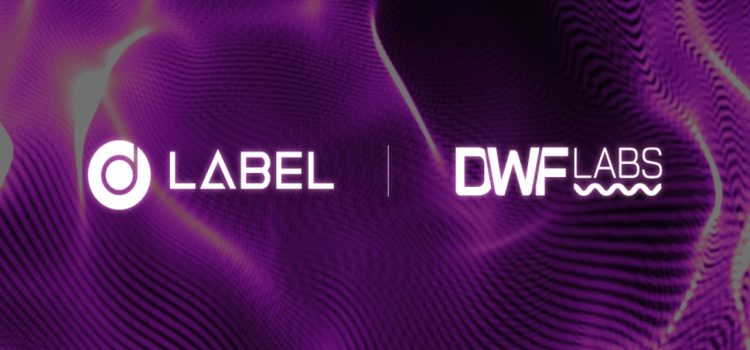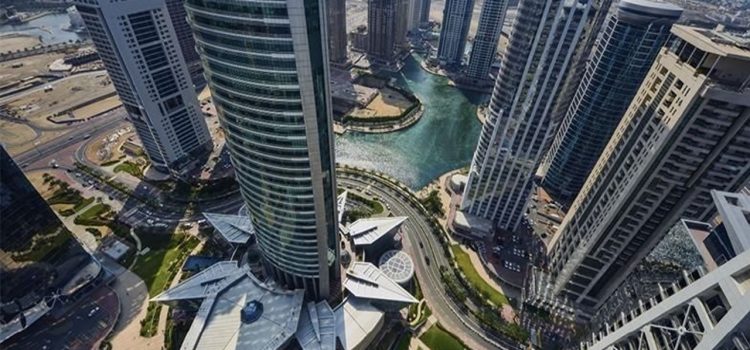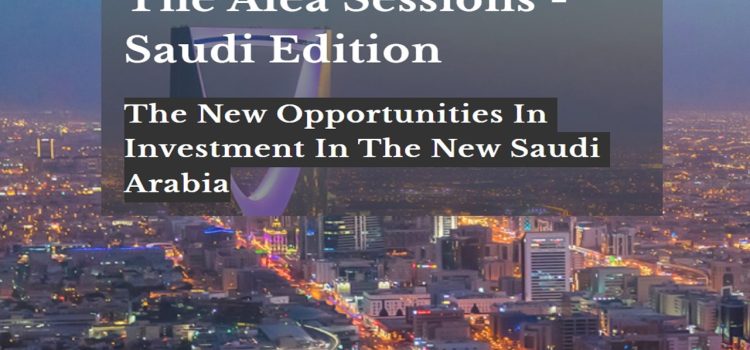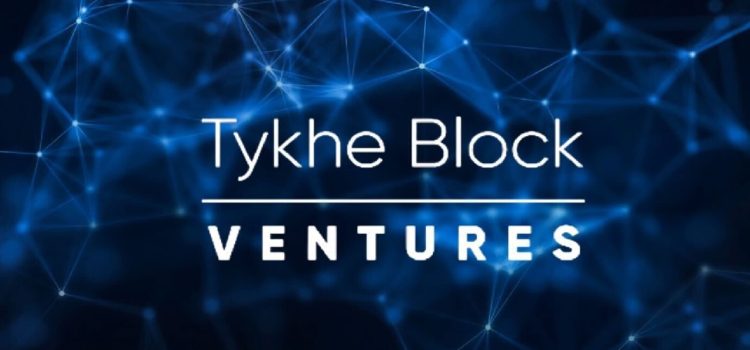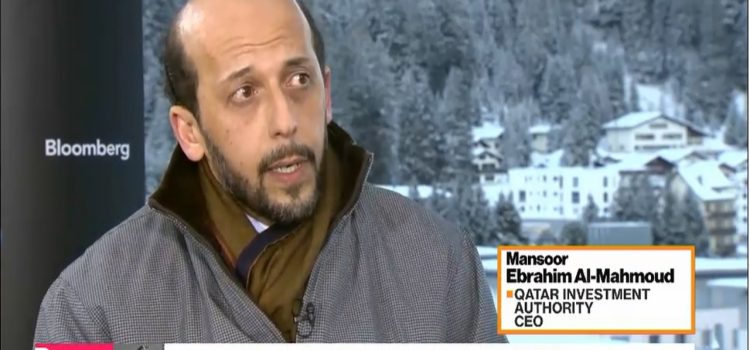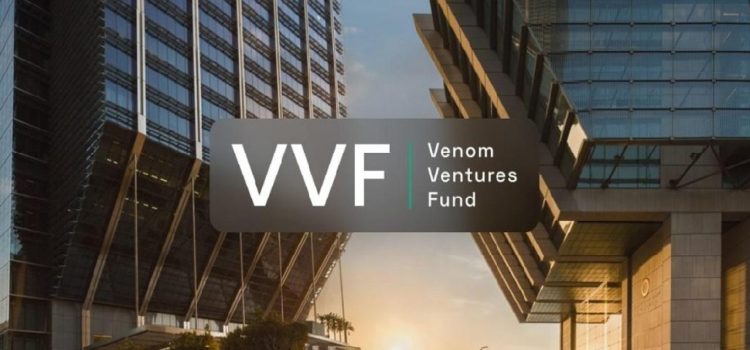
Dubai regulated virtual asset broker and exchange TOKO FZE a creation of international law firm DLA Piper, has partnered with Virtuzone, a pioneer in business solutions and corporate services for the region. The partnership will include the establishment of a tokenized equity crowd funding platform will further cement Dubai’s standing at the forefront of financial innovative and as a destination for early stage and fast growth companies seeking a supportive business environment.
TOKO has just received a fully operational license from Dubai’s Virtual Asset Regulatory Authority (VARA).The partnership with Virtuzone is set to transform early-stage private equity fund raising using blockchain technology to bring enhanced transparency, accessibility, and opportunity for both investors and the businesses seeking to raise funds. Across a variety of compelling businesses, investors will have greater insight, information and access to private equities for their portfolio and the expectation of greater liquidity that comes with this digital transformation.Scott Thiel, Managing Director of TOKO, says “The VARA regulatory framework has been custom designed for virtual asset transactions, providing a robust and clear route to market that is going to support the transformation of investments and facilitate financial inclusion. We are excited to be partnering with Virtuzone in tokenising early-stage equity investments. At TOKO, we believe in improving the world and reshaping the virtual asset management landscape through cutting-edge technology, regulatory compliance, and a user-centric approach, and this partnership with Virtuzone provides a wonderful platform to achieve this”.By tokenising early equity offerings, TOKO and Virtuzone will open up access to a broader range of investors, allowing both institutional and individual investors to participate in a more accessible and transparent manner.The partnership is poised to take full advantage of VARA’s regulatory framework to drive positive change in the financial services sector. It will create a revolutionary platform for SME-sized companies, enabling them to engage in early equity fundraising with ease.Neil Petch, Chairman and Co-founder of Virtuzone, says: “Since our founding 14 years ago, our mission remains the same – to ease the way for entrepreneurs, start-ups and SMEs and equip them with all the tools they need to succeed. We are therefore thrilled to partner with TOKO, under the VARA regulatory framework, and introduce tokenised equity offerings, which we believe will make Dubai an even more attractive destination for startups and entrepreneurs seeking funding, as well as for angel investors and venture capitalists looking to be part of Dubai’s thriving business sector. Our strategic collaboration with TOKO also aligns with the UAE’s National Entrepreneurship Agenda, which aims to establish the UAE as home to 10 unicorn companies by 2031.”This partnership between TOKO and Virtuzone represents a transformative step forward in the evolution of Dubai’s innovative financial landscape. By introducing tokenised early equity fund offerings, the collaboration will not only empower businesses but also create exciting opportunities for investors.










